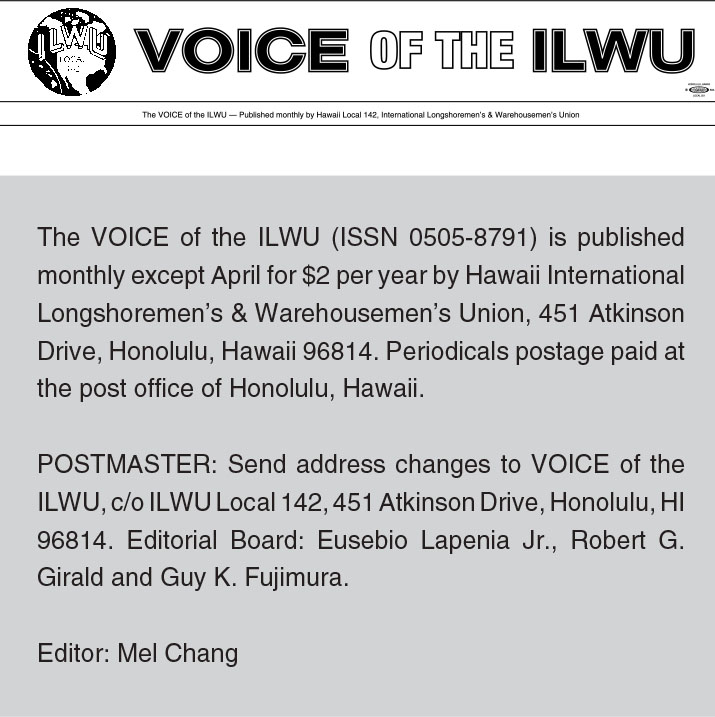ACT 76 (HB 2834, SD 2, CD 1) Reduce cost of Prescription Drugs.
This legislation will provide relief for consumers from the high cost of prescription drugs by establishing, within the Department of Human Services, a pharmaceutical discount program for all state residents under which the State obtains manufacturers’ rebates on drugs that are offered at discounted prices to program participants. The program would take effect July 1, 2004. It provides reimbursement to participating pharmacists, establishes an advisory commission, and creates the Hawaii RX Special Fund. It also appropriates funds to develop a plan of implementation and to provide that plan to the Legislature before the 2004 Legislative session. This bill takes effect July 1, 2002.
ACT 75 (HB 1950, SD 2, CD 1) Expands Medicare Prescription Drug Eligibility.
This bill would establish a Medicaid prescription drug expansion program to offer discounted prescription drugs to qualified individuals whose income is at or below 300 percent of the federal poverty level. It also establishes the Medicaid prescription drug rebate special fund to receive all rebates from pharmaceutical manufacturers from the prescription drug expansion program. The bill appropriates funds for rebates and administration of the program. It takes effect July 1, 2002.
The ILWU supported both of these bills because the high cost of prescription medication was causing extreme hardships for many retired ILWU members who have to pay for prescription drugs out-ofpocket. These programs would help reduce the cost of drugs by using the buying power of the state to negotiate lower prices from drug manufacturers.
ACT 74 (HB 1761, HD 1, SD 2, CD 1) Regulates Health Insurance Rates.
In a state where employers are required to provide health insurance benefits, this bill assists Hawaii’s workers and their employers by ensuring a floor against inadequate or predatory rates and providing a safeguard against excessive or discriminatory rates. It authorizes the Insurance Commissioner to regulate the rates of managed care plans, which includes health insurers, health maintenance organizations, and mutual benefit societies. It prohibits health insurance rates that are excessive, inadequate or unfairly discriminatory, and requires health care insurers to submit rate filings for approval by the Insurance Commissioner. Also, establishes penalties and appeal procedures. This bill takes effect on July 1, 2003.
The ILWU supported this bill because the increasing cost of medical plans is becoming a major issue in negotiations. Companies were either demanding that workers pay a larger portion of the cost of medical benefits or get less in wage increases and other benefits.
Almost all states have some form of medical premium rate regulation, and the idea behind this bill is to require medical insurance providers such as HMSA and Kaiser to provide information to and get approval from the State Insurance Commissioner for rate increases. This is already required for insurance companies selling workers’ compensation, motor vehicle, and other property and casualty insurance lines. This would give the public some handle on determining whether these increases are fair and necessary.

SB 2180, SD 2, HD 1 Prohibits Discrimination Based on Genetic Information and Genetic Testing.
This legislation prohibits discrimination in employment due to an individual’s of family member’s genetic information. The law also prohibits insurance companies from requiring genetic testing or using genetic information as a condition to obtain benefits, coverage, or renewed coverage for health, life, and long-term care insurance.
ACT 77 (SB 2179, SD 2, HD 1, CD 2) Caps the Price of Gasoline.
This bill responds to long-standing concerns over the high price of gasoline in the State of Hawaii. The Legislature received valuable information as a result of the State’s antitrust lawsuit against several major oil marketers, including that the major oil companies realize profit margins far in excess of the margins realized in other oligopolistic and equally concentrated markets.
The legislation increases the efficiency in the use of the State’s energy resources by instituting measures to reduce the price of gasoline at the wholesale and retail level. It improves energy management in state facilities by requiring agencies to comply with certain energy efficiency standards, strategies, criteria and practices, which will save taxpayer dollars and reduce emissions.
More specifically, the bill establishes gasoline price caps effective July 1, 2004. It requires the Department of Business, Economic Development and Tourism (DBEDT) to analyze fuel prices and conduct audits under the Petroleum Industry Reporting Act. DBEDT is also required to conduct extensive analysis and develop a comprehensive report with recommendations before the 2003 Legislative session on further legislation that may be needed regarding the gasoline markets and price controls. The bill appropriates funds for the study. It becomes effective upon approval.
